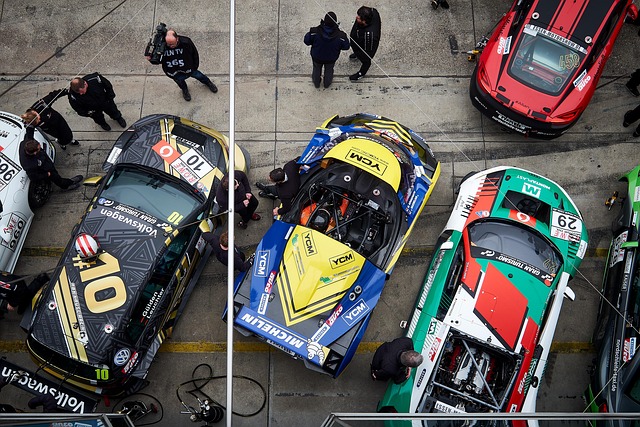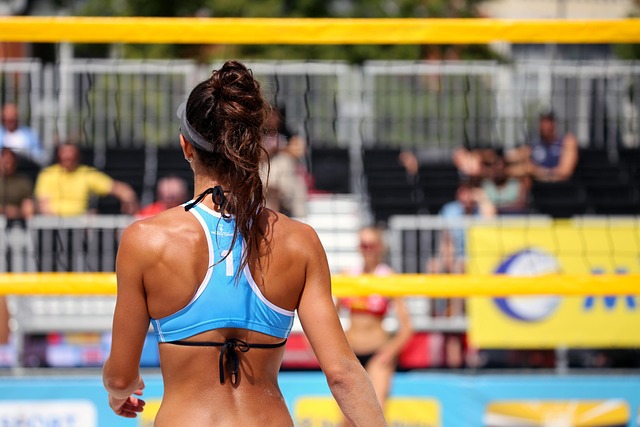The world of eSports has exploded in popularity over the past few years, captivating millions of fans and gamers alike. With competitive gaming becoming a staple in entertainment, mastering the art of teamwork has never been more crucial. In this rapidly evolving environment, unlocking effective team techniques can make all the difference between victory and defeat.
One of the most fundamental aspects of any successful eSports team is communication. Games like League of Legends and Dota 2 require players to constantly share information about enemy movements, strategy adaptations, and resource management. Teams that prioritize clear and concise communication are often the ones that dominate the ranks, as they can react faster and make crucial decisions in tense situations. Establishing a consistent vocabulary and creating in-game signals are practical team techniques that foster understanding and coordination.
In addition to communication, role specialization plays a significant role in building a successful team foundation. Whether it is a support, damage dealer, or tank, each member must know their responsibilities inside and out. This specialization allows players to focus on honing their skills in specific areas, contributing to a more cohesive and effective gameplay experience. Teams that embrace this diversity in roles are more adaptable, capable of switching strategies mid-match, overwhelming their opponents with unpredictable tactics.
Another powerful team technique in eSports is the development of synergy among players. This can be achieved through various methods, such as practice routines, team-building exercises, or even social events outside of gaming. Creating a positive team environment fosters trust and camaraderie, which directly impacts performance during competitions. Players who know and understand each other’s playstyles contribute to smoother coordination and improved decision-making in high-pressure scenarios.
Moreover, analyzing games and learning from mistakes through post-match reviews can enhance a team’s performance. Dedicate time to dissecting previous games, evaluating what worked and what didn’t. This critical reflection not only sharpens the team’s skills but also cultivates a growth mindset, giving players the resilience to bounce back from defeats, ultimately becoming a stronger collective.
Incorporating technology into training sessions is also a significant aspect of modern gaming. Teams can benefit from using analytics tools to track player performance, study competitor strategies, and improve overall gameplay. Understanding data can help teams identify their weaknesses and capitalize on opponents’ vulnerabilities. By employing these innovative team techniques, eSports teams can elevate their game to new heights.
Ultimately, eSports is more than just individual talent; it’s a test of strategy, communication, and teamwork. By focusing on these critical team techniques and fostering an environment of collaboration, any aspiring eSports team can unlock their potential to achieve greatness in the competitive gaming landscape.




